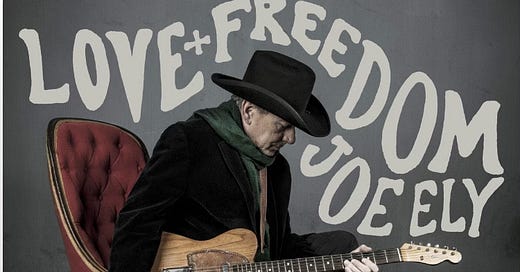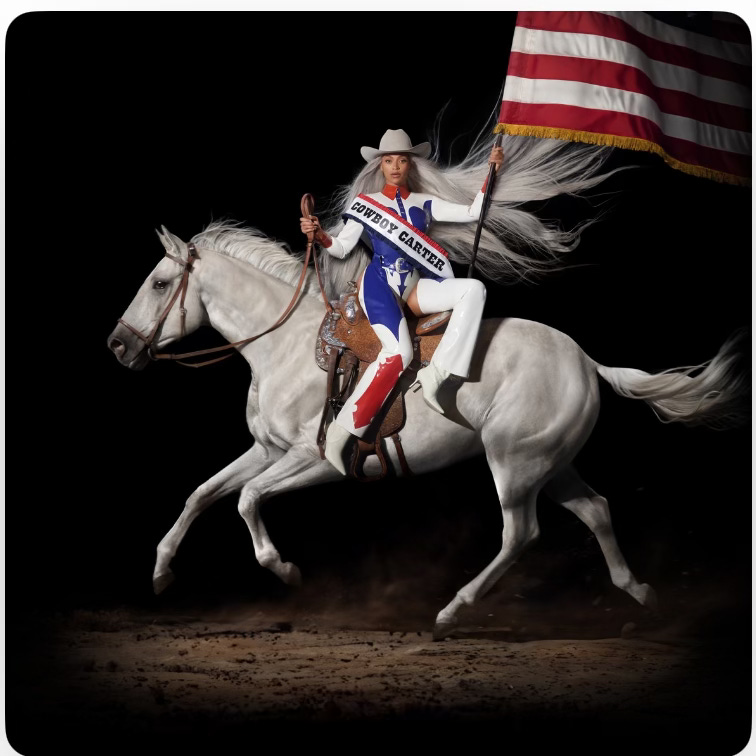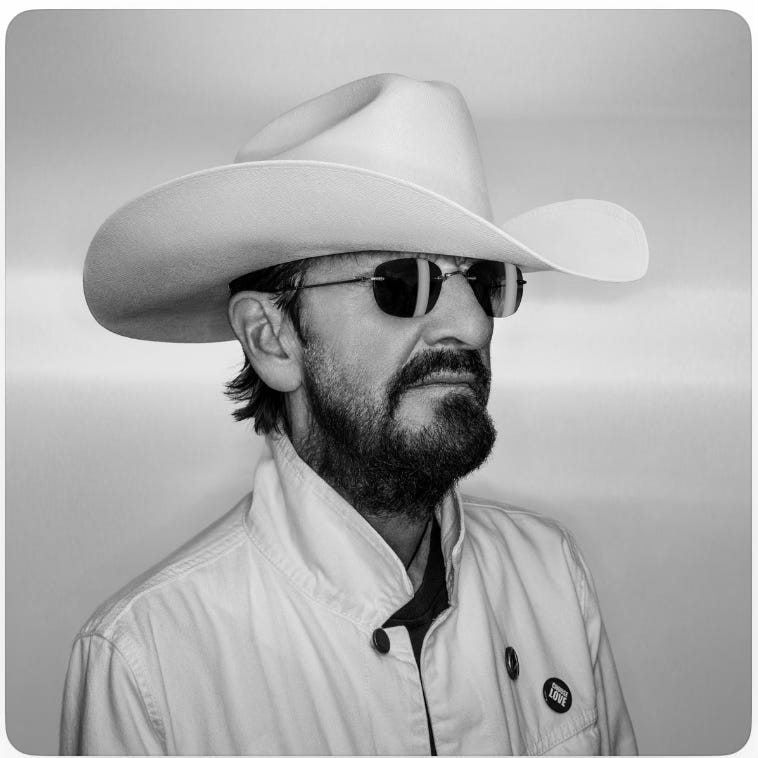Contemporary country music can be tiresome. And debates about contemporary country are even worse.
Beyoncé’s excellent Cowboy Carter won a Grammy as Best Country Album but was not nominated for a Country Music Association Award a snub that was explained this way:
"Everybody loved that Beyoncé made a country album. Nobody's mad about it. But where things get a little tricky and you know — if you're gonna make country albums, come into our world and be country with us a little bit," (Luke) Bryan said during an interview on "Andy Cohen Live." "Beyoncé can do exactly what she wants to. She's probably the biggest star in music. But come to an award show and high-five us, and have fun and get in the family, too. And I'm not saying she didn't do that."
The reasoning is absurd — it doesn’t go in the other direction and ignores the actual music being made, not just by Beyoncé, but by supposed country artists like Keith Urban, whose bland, processed stuff still managed to qualify.
Beyoncé, Ringo Starr and others are “dabbling,” they say, recording country songs on more eclectic albums that in some cases are better than what is being created by the genre’s stars. We can debate this, of course, and should. The policing of genre boundaries is not reserved for country. (See Gene Simmons’ argument against disco and hip-hop being a part of the Rock-and-Roll Hall of Fame.)
All of this is tiresome. Genres were never intended to stand as rigid concepts. They exist primarily as marketing tools, an inadequate shorthand that too many use to exclude.
In reality, genre boundaries need to be fluid and shifting — where does country end and the blues begin, or rock and roll for that matter? Is Hank Williams’ “Move It On Over” a country or blues song? What about J.J. Cale’s catalogue? or Chris Stapleton?
Anyway, this is all pre-amble for a record that iTunes designates as country but that old-school record stores might call Americana or Folk — Joe Ely’s Love + Freedom. Ely is part of the Texas singer-songwriter crowd that brought us Guy Clark, Townes Van Zandt, Steve Earle, Lucinda Williams, and others.
I saw Ely in 1981 (opening for Tom Petty), when he was considered a young rockabilly artist (never really true). He somehow made his sound fill the arena, which is a tough thing to do as an opener with a small band. What struck me then, and kept him on my radar was his guitar playing — which would be a central element when I saw him years later as part of a songwriters circle with Clark, John Hiatt, and Lyle Lovett. Ely was subdued, even deferential, in the presence of his three colleagues — lending intricate guitar support to the others, but also offering impressive versions of his own work.
For his latest album, Love + Freedom, Ely went to the vaults, updating and mixing songs by Townes Van Zandt and Woody Guthrie with Ely’s own compositions, to create the kind of straightforward county-folk album that the times demand.
The arrangements are simple, built around guitar, drums, and bass, with flourishes provided by a Tex-Mex accordion. It is roots-country, with decidedly political overtones, a meditation on the limitations our political classes put on love and freedom, as the title says, and how we lie to ourselves about what we are as a nation.
I may be overstating this, but this is the sense I get when listening to songs like “Adios Sweet Dreams” and “Deportee.”
This is the opening track:
And here is “Deportee,” the Woody Guthrie song, performed with Ryan Bingham.
Other recommended albums:
Patterson Hood (of the Drive-By Truckers), Exploding Trees & Airplane Screams







